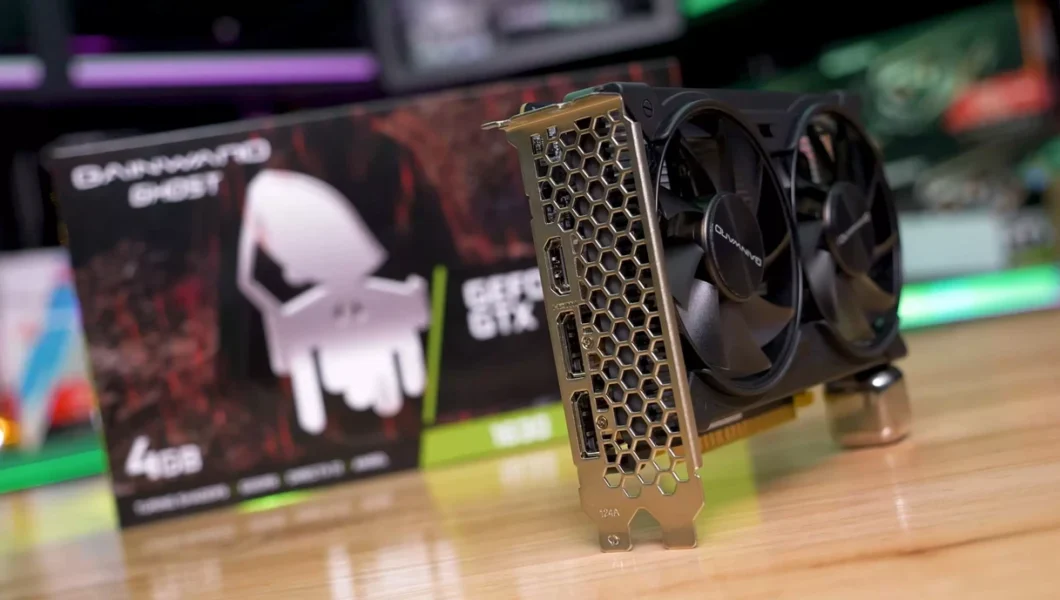In a nutshell: Figma is a recently incorporated company providing a web-based interface design platform focusing on real-time collaboration.
Adobe was pursuing an acquisition of its most intriguing competitors in years, but the attempt ultimately failed due to antitrust scrutiny in the Europe.
Adobe has lost interest in acquiring Figma.
The company was willing to pay $20 billion to buy the product design startup, but regulatory watchdogs from the EU and UK opposed the deal.
Antitrust laws are designed to preserve market competition, but Adobe said that the proposed remediations were unacceptable and “wholly disproportionate.”
Adobe and Figma negotiated the deal during the COVID-19 pandemic, significantly increasing worldwide technology and software investment.
The potential deal was eventually announced in September 2022, revealing that Adobe was willing to pay 50 times Figma’s annual recurring revenue and double the company’s latest private funding round in 2021.
Since the announcement, the two companies have fought battles on multiple fronts, with antitrust authorities trying to halt the sale.
The European Commission believed the merger could “significantly reduce” competition in global markets.
The EU’s Competition Commissioner Margrethe Vestager said the Figma acquisition would have prevented “all future competition” between the two companies, leading to less choice, reduced quality, and higher costs for consumers.
The UK Competition and Markets Authority (CMA) was equally concerned with Adobe’s proposal.
The agency proposed alternative “remedies” in November, forcing Adobe to abandon the deal or eliminate overlapping business products such as Illustrator or Photoshop.
Alternatively, the CMA could have forced Figma to sell off its core product, Figma Design, under the proposal.
Figma CEO Dylan Field told the Financial Times that the suggestion of “buying a company so that you can divest the company” was “quite amusing.”
Reading the CMA proposal was like reading a punchline to a joke, Field said.
Figma’s boss was disappointed with the outcome.
The situation ultimately forced Adobe to abandon the acquisition as there was “no clear path” to satisfy UK or EU regulators’ conditions for approval.
Provisional findings from the CMA contained “serious errors of law and fact,” Adobe and Figma said.
Regulators were influenced by an “irrational approach” to the gathering and appraisal of evidence.
Officials required divestment of a multibillion-dollar business (Photoshop, Illustrator) to address an “uncertain and speculative” theory of harm to competition, a wholly disproportionate reaction to the now-failed deal.
Priced from $349 – $600, these new video smartglasses are a whole new category of Assisted Reality, which traditionally means is putting a monitor in or around your field of view, like the original Google Glass.
The new display glasses put a big screen right in front of you.
It’s the only thing you see, and the screen is big, like 45% of your field of view.
They’re all great for media consumption, playing games, or screen expansion for mobile productivity.
Instead of looking down at a screen in your hands, you can now sit up and look ahead.
If you’ve got a geek on your list, they’re really going to like these.
New TCL RayNeo Air 2 video smart glasses for a big scrteen experience on-the-go. .
$349.
A smart phone viewing accessory that delivers a 201″ hi-def screen on the go.
We love these glasses, but compatibility is an issue.
If you have an iPhone 14 or any with a lightning port, you’re going to need the $99 to go with it.
The $499 XReal Air2. .
$339.
The biggest, brightest screen this new category of mobile phone accessories delivers.
I recommend buying it with the $119 , a needed iPhone adaptor which allows you to place the screens of varying sizes around the room.
Rokid Max AR Smartglasses $399.
One of the best is also the most expensive, but we love the $199 , a great Android device for streaming, and viewing downloaded videos without wi-fi.
The light weight Station controller makes media consumption on the Rokid Max feel more like the experience of watching TV on your living room sofa.
$395.
I first me Virture at CES last year, fresh off their win as one of Time’s best inventions of 2022.
It was plug and play with my iPhone 15 and the old Samsung Galaxy 10 worked well, too.
The screen dimming feature, the focal adjustments, and the outstanding Harmon audio are best-in-class.
The Spacewalker app turns the Virture into more of a 3DOF experience, and makes the phone your controller.
Check device compatablity, as some iPhone and iPads require an adaptor.
The Solos AirGo3’s detachible wing allows for interchangeable styling. .
$299.
There’s no display or camera on these smart smartglasses, which use AI as their operating system.
Ray-Ban Stories.
$299.
Our friend, Moor Insights analyst Anshel Sag, took great care with this lengthy review of Meta’s new iteration of Ray-Ban Stories: “The latest collaboration between Meta and Luxottica marks a significant improvement over their predecessor, Ray-Ban Stories.
These glasses, powered by Qualcomm’s AR1 Gen 1 platform, offer enhanced features like superior camera capabilities (12MP photos, 1920 x 1440 video), increased storage (32GB), and advanced wireless connectivity.
Notable upgrades include IPX4 water resistance, a sleek design, and a battery life of 36 hours with the charging case.
The inclusion of Meta AI facilitates voice commands and messaging, enhancing day-to-day usability.
Despite some areas needing improvement, such as video frame rate and continuous use battery life, the Ray-Ban Meta smart glasses represent a major step forward in wearable technology, combining style, functionality, and a strong value at $299, signaling Meta’s leadership in the evolving smart glasses market.”
In brief: Pour one out for the GTX 16 Series.
According to new reports, Nvidia has decided to officially discontinue its entire line of GTX 16xx graphics cards that were first announced in 2019 and remain popular among Steam users.
It’s been over a year since Nvidia launched the last of its GTX 16xx graphics cards, the GTX 1630, a product we awarded a score of 20 and called an insult to gamers , which could explain its very short life.
According to the Chinese Board Channel Forums , Nvidia is expected to stop production of all GTX 16-series cards starting in the first quarter of next year – in a few weeks, essentially – with the final orders being completed this month.
Nvidia has already officially, or in some cases reportedly, discontinued most of the GTX 16xx cards, meaning the upcoming series discontinuation will only impact the GTX 1650 and GTX 1630; the latter is a cut-down version of the former.
The GTX 16 series is based on the same Turing architecture that launched a year earlier in the RTX 20 Series, which was more expensive and came with the likes of hardware-accelerated ray tracing and DLSS as standard.
While it might not have been as technologically advanced, the budget GTX 16 series has proved to be very popular with gamers: it was only in September when the RTX 3060 knocked the GTX 1650 off its long-held top spot on the Steam Hardware and Survey GPU chart.
The older card remains in second place and even saw its user share increase 1.13% last month.
Expect to continue to see the GTX 16-series cards available to buy until AIB and retailer inventories sell out – there are still plenty available from Amazon and Newegg.
Don’t be surprised to see their prices fall significantly over the coming months, too, and more GTX 16xx cards appearing on eBay as owners trade them in for newer models.
As we noted in our Best GPUs feature , there really aren’t many options left for anyone looking to buy a good sub-$200 GPU these days.
Our recommendation is the AMD Radeon RX 6600 or Radeon 6650 XT.
The former’s cheapest non-refurbished models on Newegg are $199, and they’re either discounted or are from lesser-known brands.
Permalink to story.
https://www.techspot.com/news/101206-farewell-gtx-16-series-nvidia-end-all-production.html
Source: techspot








No Comments